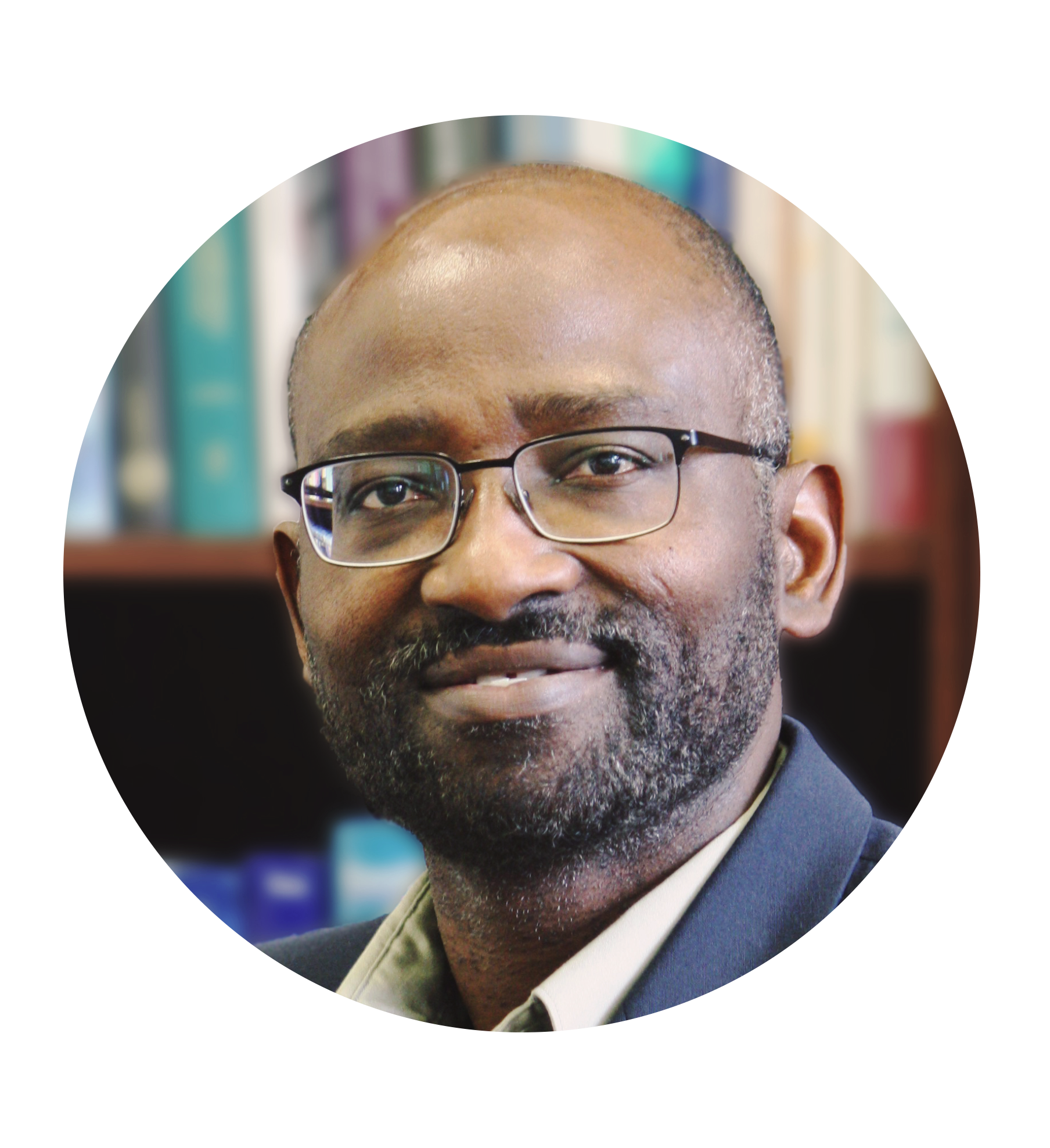Update from the Chair Spring 2021
Chairperson of AFRE, Titus O. Awokuse, gives a status update on the department and outlines the accomplishments of faculty, students, and alumni.

To the entire AFRE community, I am very grateful for the privilege and opportunity to serve as AFRE Chair this past 6 years. After careful consideration and consultation with my family, I decided not to seek a 5-year renewal of my appointment as AFRE Department Chair. Thus, my term as Chair will be concluded by June 30, 2021. This decision was motivated by the need for more time to attend to some family needs while I remain at MSU in a new role as AFRE faculty with more engagement in research, teaching and service.
When I started my role as AFRE chair in 2015, I articulated a vision for strengthening the quality and visibility of our departmental programs while emphasizing the need for building a culture of compassion and care for all our people. When we put people first, they will work hard to collaboratively build excellent programs and processes. That is what we have done at AFRE. Despite very tough and challenging circumstances (Nassar sexual assault scandal, severe budget cuts, COVID-19 pandemic, etc.) in our university and beyond, AFRE has excelled in many ways.
Recent AFRE Achievements (2015- 2021): We collectively engaged in comprehensive strategic conversations and a visioning process that helped shape our priorities and objectives. Below is a summary of our collective achievements from implementing our strategic plan and priorities:
- Improvements in global reputation, rankings, and impact: Our department was consistently ranked between 1st and 4th globally amongst all agricultural and applied economics programs.
- Awards and recognition of achievements: Observed significant increase in successful nominations for professional awards and recognitions.
- Faculty recruitment, diversity, equity and inclusion: Hired diverse faculty and staff. Developed a streamlined hiring process and promoted a more transparent search process with multiple opportunities for input from faculty and staff. Reviewed and modified various aspects of AFRE practices to promote equity and inclusion.
- Improved departmental processes: Made critical revisions to AFRE Department bylaws and revised various policies to promote a more effective and efficient department.
- Congenial working climate and culture: Promoted cooperation among department faculty, staff and students by sponsoring social and networking interactions and engagements.
- Improved communication and marketing of department: Prioritized regular and effective communication with students, alumni, and other stakeholders locally and internationally. Greatly improved AFRE's web presence and created an effective social media strategy and presence with high level of engagement.
- Improved quality of undergraduate program and job placement: Pursued opportunities for more integrated joint programs and made critical revisions to our undergraduate curricula. Maintained high job placement rates for undergrads (>85% within 1-3 months of graduation).
- Improved quality of graduate program and job placement: Made needed curriculum revisions and modified structure of independent and joint programs with other departments (e.g., revised PhD prelim exam process).
- Improved faculty mentoring and retention: Developed clear guidelines and process for mentoring junior faculty and scheduled regular meetings each semester to discuss opportunities for professional development and evaluate progress toward reappointment and promotion.
- Improved promotion and tenure process: RPT committee developed a set of guidelines and timeline with clearer and better-defined expectations. Successfully managed 25 cases for faculty reappointment, promotion and tenure process for tenure-system and fixed term faculty and four academic specialists and staff.
- Alumni engagement and fundraising: Actively participated in alumni/potential donor cultivation and fundraising.
- Success in external grant funding: AFRE is by far the largest recipient of external grants and source of indirect cost recovery in CANR. AFRE receives an average of $25 million in external funding annually.
- Promoted international agriculture and new institutional partnerships: Helped develop new institutional partnerships and funding opportunities for MSU. Supported and engaged with numerous international visitors and visited several partners in various countries to support ongoing projects/programs and forge new partnerships.
- Effective response to COVID-19 pandemic: Successfully transitioned from in-person teaching to remote online instruction. Developed creative ways to continue critical departmental functions including growth in participation in weekly research seminars that transitioned to virtual events.
Although we have accomplished a lot in recent years, there is more work to be done. For example, we need to continue to focus on student success by continuing to strengthen our undergrad and grad recruitment and placement efforts while ensuring a great experience for all our students. I'm optimistic that our creativity, ingenuity and resilience as a department will serve us well as we navigate the challenges and opportunities ahead.
The privilege of serving as the AFRE department leader this past six years has been a pleasure and it is a major highlight of my professional life. Thank you so much for your support and contributions to making AFRE a great community with many impactful achievements. I look forward to helping with a smooth leadership transition in the next 3 months.
Go Green!
-Titus O. Awokuse



 Print
Print Email
Email




